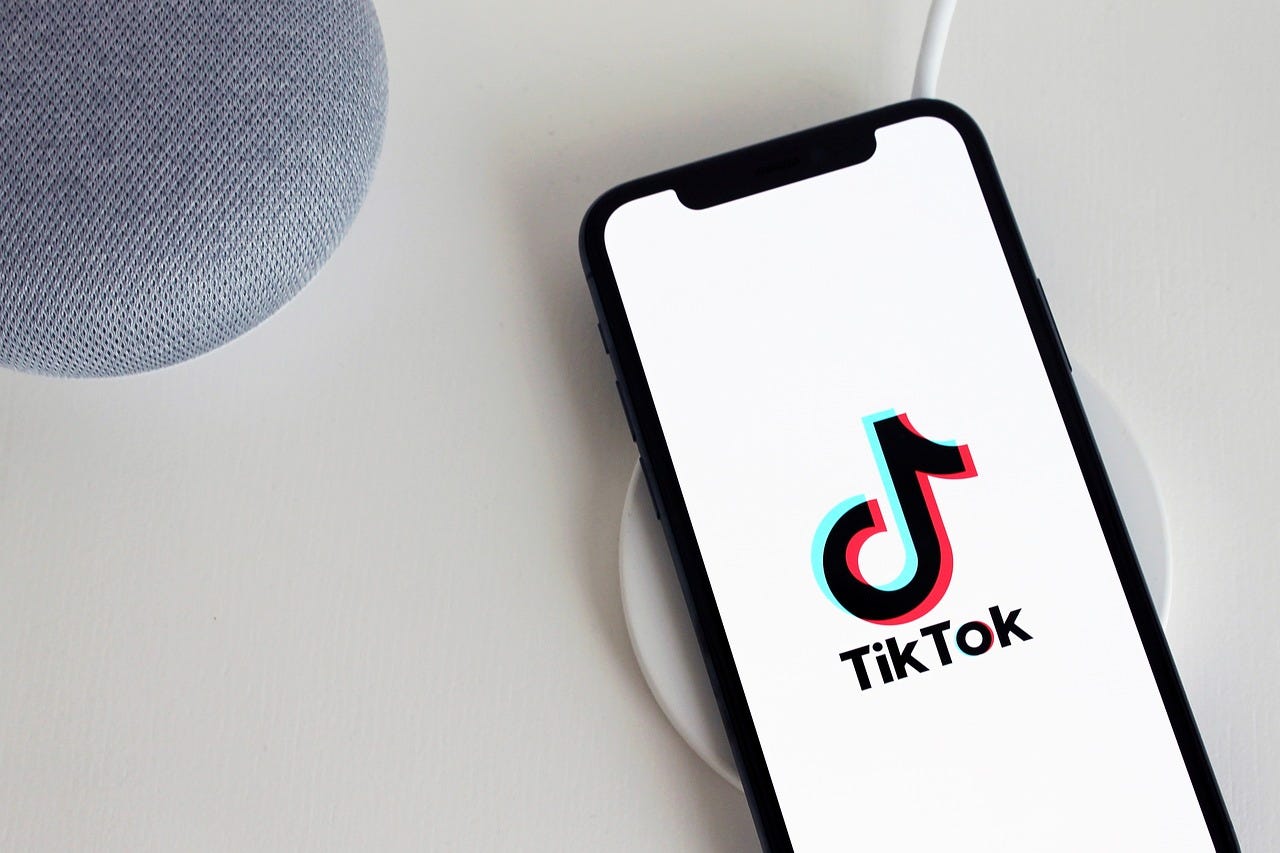TikTok sucks, but the government shouldn't ban it
Do we really want to set a precedent for this level of government interference in the free market?
Earlier this month, the Biden administration laid down an ultimatum to Chinese company ByteDance, owners of the immensely popular social video app TikTok: Sell the app to a U.S. company, or face a nationwide ban.
The demand was made by the Committee on Foreign Investment in the United States, and comes as concerns about the app’s links to the Chinese government have been percolating for years, culminating most recently in Congress passing legislation last year blocking the app from federal government devices. Boasting more than 100 million users in the U.S., TikTok has also come under fire as a growing body of research suggests a possible link between social media use and rising rates of teen depression.
But this particular threat of a ban has less to do with risks to teens and more to do with national security, we’re told. China’s communist government unduly influences the company, and the app could be used to collect data for spying purposes.
I don’t think those concerns are completely unfounded. Indeed, there is at least some evidence that China uses the app to spy on U.S. citizens. But banning a private company from operating in the United States is a monumental step in the wrong direction.
We would be wise to consider the potential unintended consequences that may arise from a ban. As economist and writer Thomas Sowell famously said, “There are no solutions, there are only trade-offs.” And although allowing TikTok to continue operating in the U.S. while it remains under control of the Chinese government is less than ideal, the possible tradeoffs of banning the popular app just aren’t worth it. In fact, they could be disastrous.
Proponents of a ban say that national security is too important; swift action must be taken. But a ban would create a precedent that egregious interference in the free market is justified as long as the cause is important enough — and that, of course, is a subjective judgment. Consider these potential scenarios we could see in the future from an emboldened federal government if we ban TikTok:
The federal government nationalizes the automobile industry. “Auto manufacturers are not moving quickly enough to phase out internal combustion engines in favor of electric vehicles,” President Joe Biden might say. “I’m a strong supporter of the free market, but the fight against climate change is too important to leave our fate in the hands of greedy corporations.”
The federal government shuts down Elon Musk-owned Twitter. “Of course private companies are free to operate as they wish,” Biden says. “But Twitter has become a hotbed of misinformation at a time when American democracy is in peril. Therefore, we will be seizing the social media company’s assets under civil forfeiture laws. Democracy is just too important to allow this platform to continue operating free of government oversight.”
The government imposes COVID-19 mandates for everyone. “This virus is not licked yet,” Biden declares. “In the face of new variants, it’s more important than ever that people be vaccinated against this deadly disease. I’m therefore implementing a universal vaccine mandate — attempts to circumvent this mandate may be punishable by up to a year in prison and a $5,000 fine. Combatting the deadly COVID-19 pandemic is just too important to let people make this decision for themselves.”
Are these scenarios farfetched? Perhaps, and I pray to God they stay that way. But if TikTok is banned, they will be a bit closer to becoming reality, because when the government takes an inch, it always — always —takes a mile.
Concerns about TikTok underscore the need for greater awareness among U.S. citizens about online privacy. TikTok giving our private data to the Chinese government is bad, yes, but we should be equally concerned that Facebook is giving up our data to the U.S. government, as is Twitter, Ring, Google, and others. It would be great if people took greater control of their data, instead of relying on the federal government to ban apps that people love using.
Banning companies is something governments in fascist and communist countries do, not the governments of liberal democratic republics with ostensibly free-market economies. If we allow the government to ban TikTok we will be headed down a dark and dangerous road — what F.A. Hayek called the “road to serfdom.”
I think TikTok is dangerous. It’s probably being used by the Chinese government to spy on American citizens. It can be addictive and contributes to political indoctrination and divisiveness. It may be exacerbating teen depression. I think the government was right to ban its use by government employees.
But the general public has a right to decide for themselves whether they want to use TikTok. Parents have a right to decide for themselves whether their children use TikTok. I’m less scared of any social media app than I am of the full weight of the federal government being used to shut down private businesses. That’s not just scary; it’s downright terrifying. And if it happens, the authoritarian regime we’ll have to worry about won’t be in Beijing. It’ll be in Washington, D.C.






My two cents: the fact the government is using the teen harm angle to push it even this far into legislation- but not be able to pass anything meaningful to protect them from gun violence??? Hard argument to hold up, if that’s the motive... i do think it’s overstepping their reach, for all the reasons you mentioned too